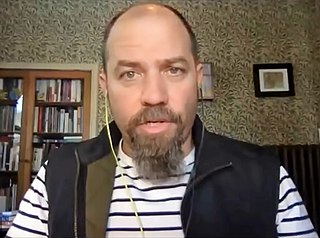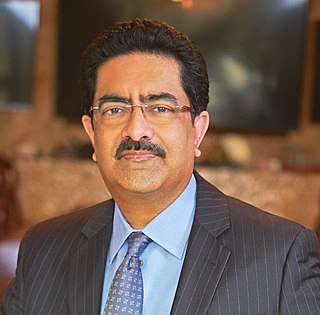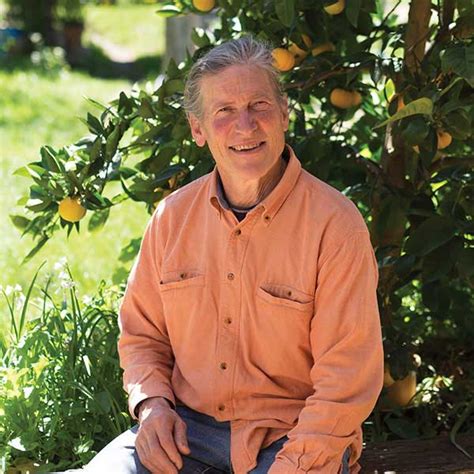A Quote by James K. A. Smith
What if the primary work of education was the transforming of our imagination rather than the saturation of our intellect?
Quote Topics
Related Quotes
In Burma, we need to improve education in the country - not only primary education, but secondary and tertiary education. Our education system is very very bad. But, of course, if you look at primary education, we have to think in terms of early childhood development that's going back to before the child is born - making sure the mother is well nourished and the child is properly nurtured.
If you understand it from an ecological or sustainability perspective, agriculture is the primary way we meet most of our needs, and it's the greatest form of human intervention on our environment. It has intimately shaped our culture as powerfully as industrial modernity, but for ten thousand years rather than two hundred.
They would make the 'Church ' their great meeting-point, rather than the Atonement of Christ. As far as my experience goes, they have more devoutness and less devotion, more fear and less love, more feeling of duty than of desire, laying more stress on Phil. ii. 12 than ver. 13, and in practice working upon the intellect and imagination rather than aiming at the heart, skirmishing among the outworks rather than assaulting the citadel.
Who can keep us from recreating our life as we would like it to be-as it could, and should be? No one but ourselves can keep us from being artists, rather than marching forward like mere consumers, corporate robots, sheep. No one but ourselves can keep us from dancing with life instead of goose-stepping. In every moment recognizing our own creative imagination, the living picture we paint on the canvas of our lives. Everything is imagination. And imagination is freedom, but it can also be conditioning, bondage.
When we experience a film, we consciously prime ourselves for illusion. Putting aside will and intellect, we make way for it in our imagination. The sequence of pictures plays directly on our feelings. Music works in the same fashion; I would say that there is no art form that has so much in common with film as music. Both affect our emotions directly, not via the intellect. And film is mainly rhythm; it is inhalation and exhalation in continuous sequence.
































